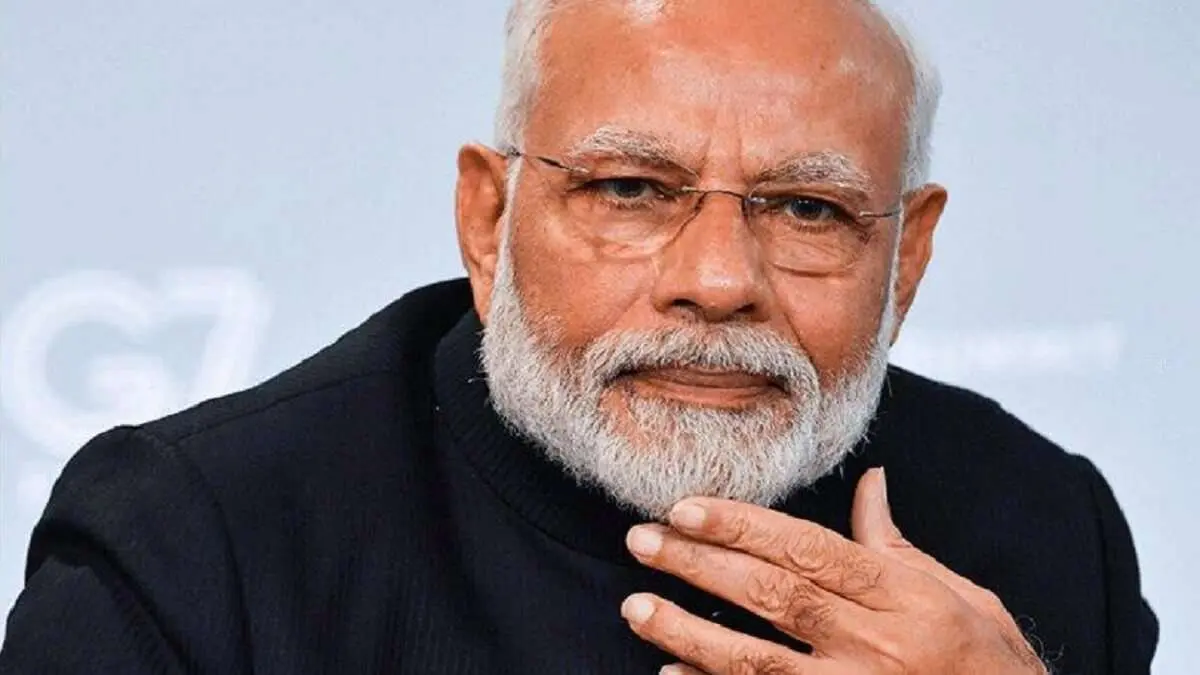Convergence in multilateralism could boost India-Spain cooperation

Spain remains one of the least focused countries in India's foreign policy. Despite more than 65 years of diplomatic relations, engagement between India and Spain is minimal.
The different foreign policy vectors of the two countries, particularly during the Cold War era, were a major reason for the underdeveloped relations. While India opted for the Non-Alignment Policy, Spain moved closer to Western countries, especially the United States from the 1950s onwards.
However, the current world order is an opportunity for India and Spain to build strong relations where multilateralism is emerging as an important area of convergence for both countries.
Working towards a multilateral world order or multilateralism is an area where the visions of India and Spain converge. India has been a leading advocate of a multilateral global order as a means to counter polarisation caused by power competition.
In a globalised world all powers have interests both regionally and extra-regionally. This calls for an effective institutional mechanism to protect the interests of all countries, irrespective of their size and economic and military capabilities.
India has also proposed a reformed multilateralism, including reform of the United Nations. India's vision of reformed multilateralism implies a mechanism in which all countries are equally represented and no country feels neglected.
Spain is also committed to a multilateral world order. Speaking at the 13th Asia-Europe Meeting (ASEM) in 2021, Spanish President Pedro Sánchez stressed the need for effective multilateralism as a solution to the challenges facing Europe, Asia and Oceania. He said that collective efforts are required to address global challenges.
Spain's Minister of Foreign Affairs, European Union and Cooperation, José Manuel Albares, while attending the G20 Foreign Ministers' Meeting in India in March, said it is important to support Africa and Latin America, as they are among the most affected regions in the world, whether due to the Russia-Ukraine war or climate change. His statement echoes India's position that prioritises support for the Global South.
The G20 could act as a catalyst in India-Spain relations. India is a member of this grouping while Spain is a guest country. India is the chair of the G20 this year and therefore hosts all G20 meetings.
Judging by history, the G20 has provided a platform for India and Spain to engage, even if it has been on the margins of the main summit. The absence of high-level engagement has been a limiting factor in India-Spain relations so far.
The last bilateral visit was that of Indian Prime Minister Narendra Modi in 2017. A follow-up visit by Spain to India is yet to take place. All High Level Meetings between the two countries since 2017 have been on the sidelines of the G20 Summit. Prime Minister Modi and Spanish President Pedro Sanchez have met in 2018, 2021 and 2022 during the G20 Summits.
When India assumed the presidency of the G20 this year, Modi spoke with Sánchez in February. During this conversation, Modi outlined India's priorities for the G20 and the two leaders also discussed bilateral and international issues.
The G20 is a multilateral forum and all engagements involve all member and guest countries. But even so, this event has created a window of opportunity to boost India's ties with Spain. With more than 200 meetings scheduled throughout the year, the G20 is facilitating high-level visits from Spain to India, an important component that has been missing from bilateral relations.
There have already been two high-profile visits from Spain to India in the past two months. In February, Spain's vice-president and Minister for Economic Affairs and Digital Transformation, Nadia Calviño, attended the G20 Finance Ministers' meeting. In March, Spain's Minister of Foreign Affairs, European Union and Cooperation, José Manuel Albares, visited India to attend the G20 Foreign Ministers' meeting.
The G20 summit of heads of state and government will be held in India in September, providing another opportunity for India and Spain to meet at the highest level. After this summit, both countries should continue the momentum gained this year.
Spain will assume the presidency of the Council of the European Union (EU) from July to December this year. This could provide an additional avenue for India and Spain to interact with each other. India has close relations with the EU. The EU is India's second largest trading partner after the United States. India and the EU are currently negotiating a Free Trade Agreement and are also negotiating an Investment Protection Agreement and a Geographical Indications (GI) Agreement.
Recently, the 12th session of the India-Spain Joint Commission for Economic Cooperation was held in New Delhi on 13 April, where the two sides agreed to expand cooperation in areas such as civil aviation, automation, surveillance and high-speed railways. During this meeting, India and Spain discussed the India-EU Free Trade Agreement on how the Spanish Presidency of the Council of the EU would witness progress in these negotiations.
As President of the EU Council, Spain should not only focus on further strengthening India-EU relations, but also seek to deepen its own ties with India.
Individual foreign policy priorities in the previous global order had long kept India and Spain apart. However, in the existing and emerging global order, India and Spain share a similar vision. India and Spain have regularly engaged through multilateral platforms in recent years. Greater cooperation between the two countries would help promote multilateralism as well as strengthen bilateral relations.
(Niranjan Marjani is an independent political analyst and researcher from Vadodara, India specialising in international relations and geopolitics. His areas of work are Indian foreign policy, South Asia, Southeast Asia, the Indo-Pacific region, Central Asia and the Middle East. He contributes articles to Indian and international publications. He is a consulting editor of The Kootneeti Español, an Indian magazine on international relations published in Spanish. He also consults as a political risk analyst to Indian and foreign corporate entities).
Twitter: @NiranjanMarjani

